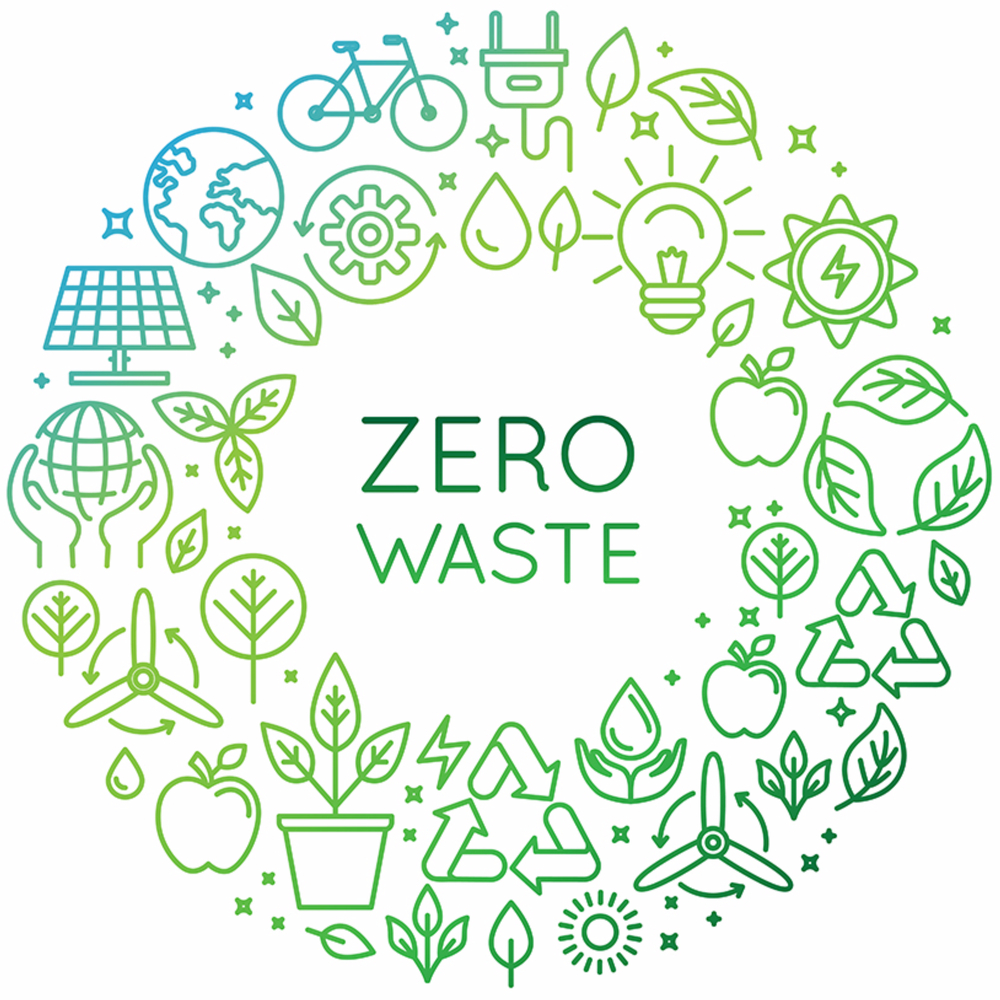Make Way For Recycling: 3 Ways It’s Becoming More Mainstream
Apr 20th 2017
From the time many of us were little kids, we’ve learned that the three Rs are important to the health of Mother Earth: Reduce, Reuse, Recycle. Around the world, many individuals and businesses alike have made concentrated efforts to reduce the amount of waste--hello e-filing systems! Plus, many companies are finding ways to reuse various things in other projects. Recycling, however, has been relatively sluggish to catch up, but there are tons of awesome ways people and communities have been contributing to the health of our planet.
1) Big Cities Provide Recycling and Garbage Receptacles
More and more often, large cities are offering a bin for recyclables on the streets. Places such as Chicago, Denver, Portland, and San Diego have all jumped on the recycling train. In the past, city governments solely provided a place to toss trash, so many things that could’ve been recycled were instead tossed into the dump. With the introduction of recycling bins, people are able to properly dispose of materials that can be used in the future!
2) Education Has Increased
Knowledge regarding recycling is very concentrated in certain areas and environments. Educating the masses is a big step towards moving recycling efforts in a more positive direction. According to the IndyStar, just 10% of Indianapolis households participate in curbside recycling. Indy, of course, is not the only place to experience these low numbers. Many other smaller cities and rural areas don’t have the proper education to teach their residents about the benefits of recycling. A single aluminum can saves enough energy to run a tv for three hours. Humans use one billion plastic bags each year that end up in garbage dumps--creating 300,000 tons of waste. These are just some of the mind-blowing statistics that surround recycling. As towns educate their populace, recycling efforts increase drastically.
3) Increase Zero Waste Initiatives
Zero waste takes a whole system approach to the production and reduction of waste. This includes recycling efforts, but goes well-beyond that. It maximizes recycling, minimizes waste, reduces consumption and uses products that can be reused, recycled, or placed back into the system. A slew of California cities, including Los Angeles, Berkeley, Oakland and San Diego, Kauai, HI, NYC, Minneapolis, and Carrboro, NC are all implementing zero waste strategies. As more cities take on these measures to reduce waste, more people will be educated about the positives of zero waste. It’s an upwards educational spiral--as more people are made aware of the benefits of recycling through these types of initiatives, more people will participate in recycling measures as individuals. Thus, zero waste projects foster awareness of the issue, so it grows in the eyes of society.
What Does This Mean?
Ultimately, people are becoming more aware of the impact waste and recycling has on planet Earth. More cities are jumping on the zero waste bandwagon--and for good reason. Towns are choosing to educate their citizens, which leads to higher participation in recycling programs. As a society, we are putting mechanisms in place to “fix” our wasteful habits. There are a number of things you can do as an individual, to help promote recycling in your community. Set up a separate bin to separate recyclables from waste. Collect plastic grocery bags and bring them to a bag recycling bin. Many local grocery stores have one available. Be cognizant of what can be reused and actually reuse it! Recycling comes down to each individual. The more you educate and implement, the healthier Mother Earth becomes!

